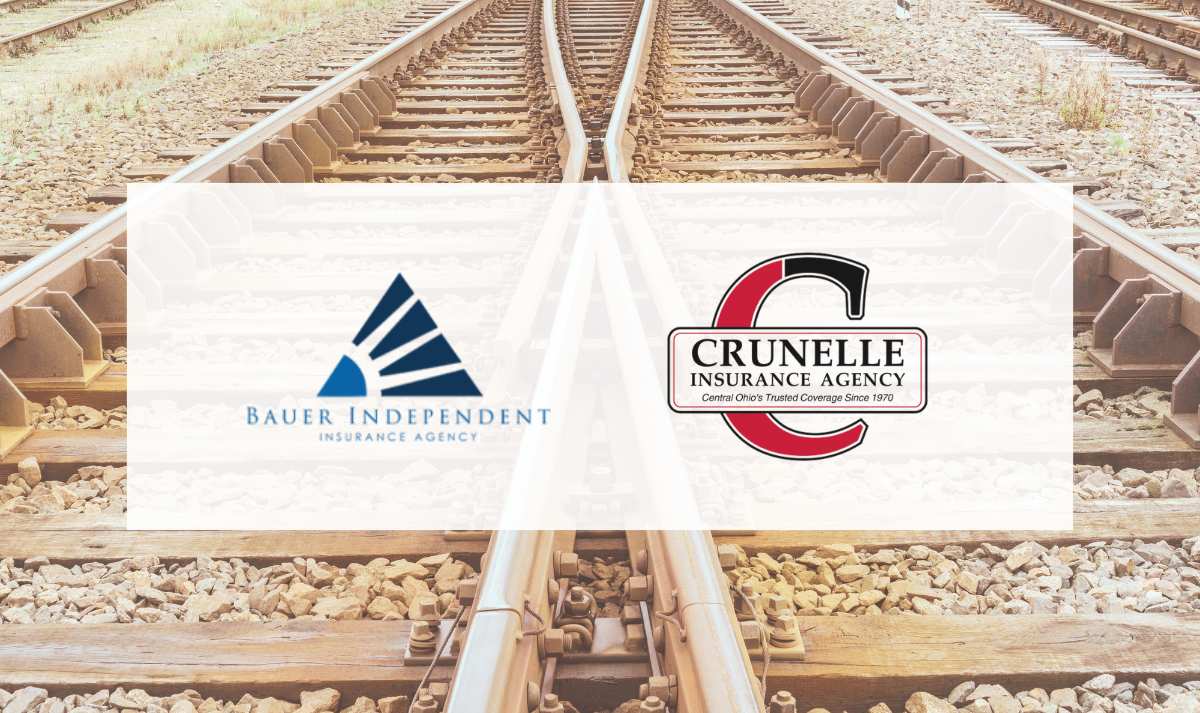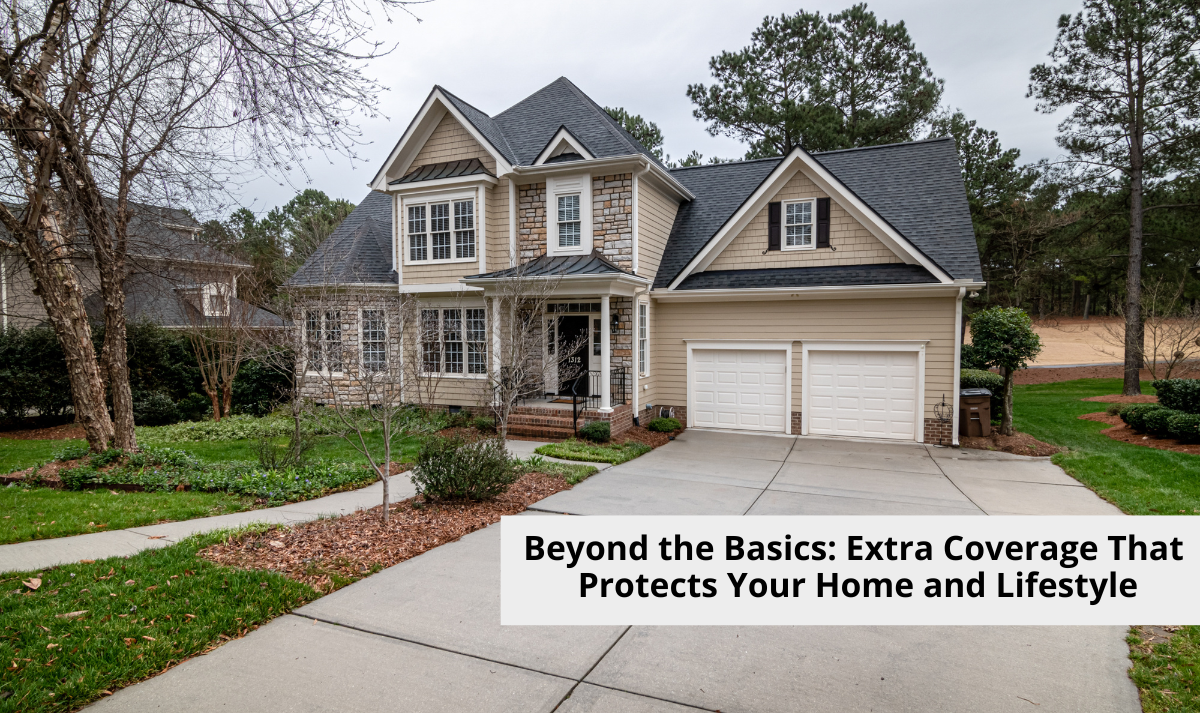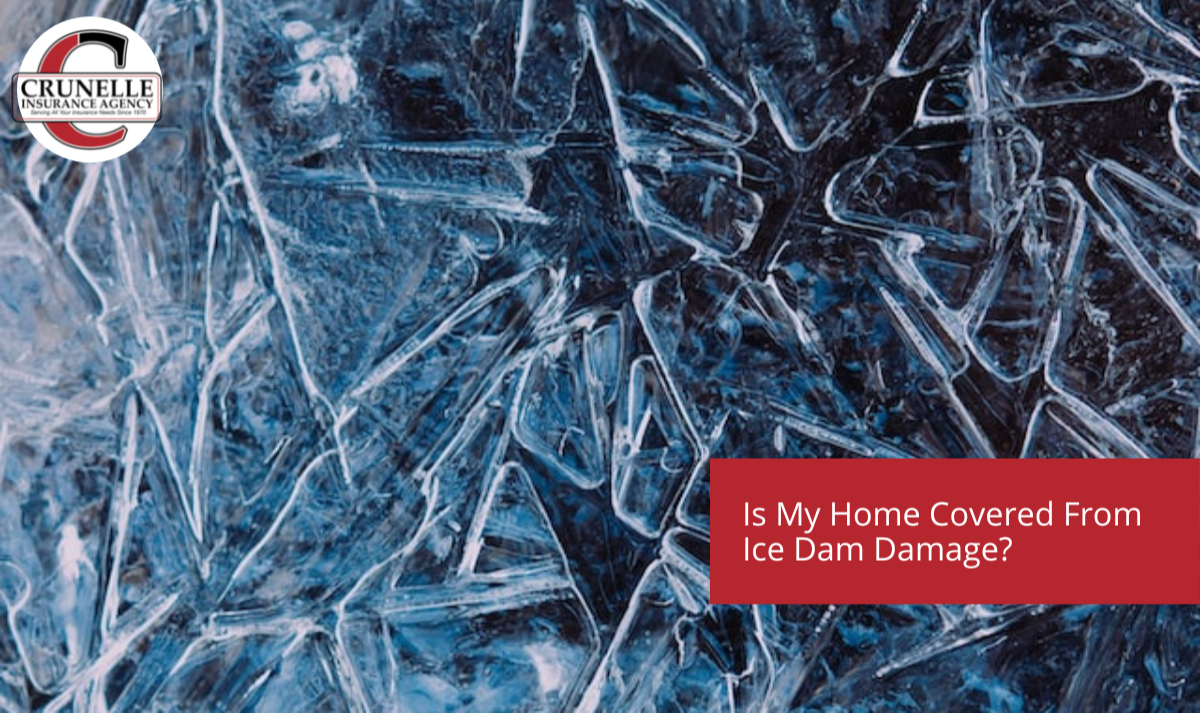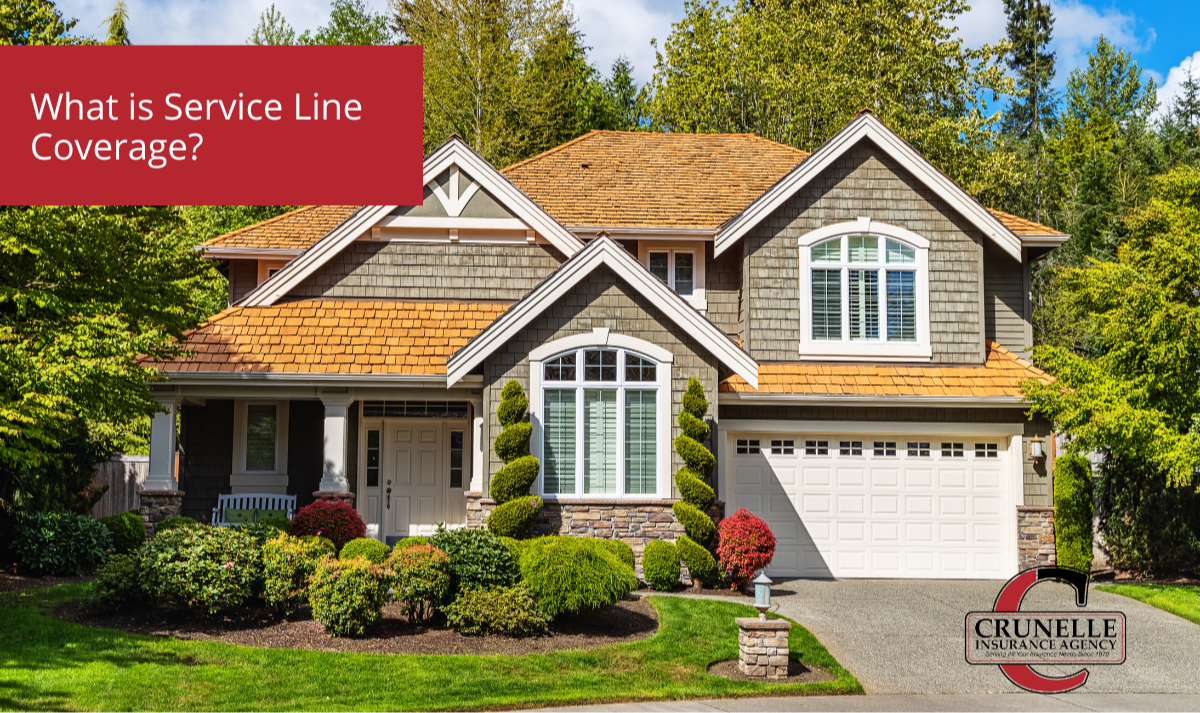Buying a new home is one of the most exciting—and sometimes overwhelming—milestones in life. With so many moving parts between inspections, loan approvals, and packing boxes, it’s easy to wonder:
When do I actually need to get homeowners’ insurance?
Let’s break it down so you can check this important step off your list with confidence.
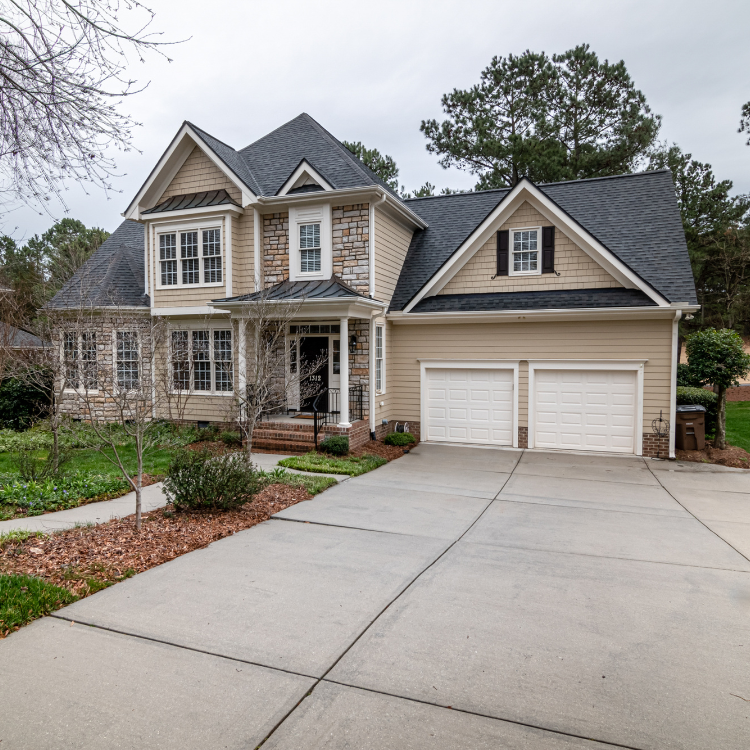
Why You Need Home Insurance (Even Before You Move In)
Homeowners insurance protects your new investment against damage, theft, and liability—and it’s often a requirement if you’re financing the purchase with a mortgage. That’s because your lender wants to be sure the home is protected from the moment the keys are handed over.
Think of insurance as your financial safety net: covering not just the structure of your home, but also your belongings and even personal liability in the event of an accident on your property.

So, When Do I Actually Need It?
Here’s the short answer:
You’ll need to have homeowners insurance in place by the day of your closing—and often proof of coverage is required before that.
Most lenders require an insurance binder or declarations page a few days before closing to ensure your policy is active and ready to go. That means you’ll want to start shopping for a policy at least 2–3 weeks ahead of your closing date to avoid last-minute stress.
What Happens If You Don’t Have It Ready?
Not having your insurance lined up in time can cause:
- Closing delays
- Additional costs or complications
- Potential risk of losing your financing
It’s one of those behind-the-scenes details that can make or break a smooth homebuying experience—so don’t wait until the last minute.
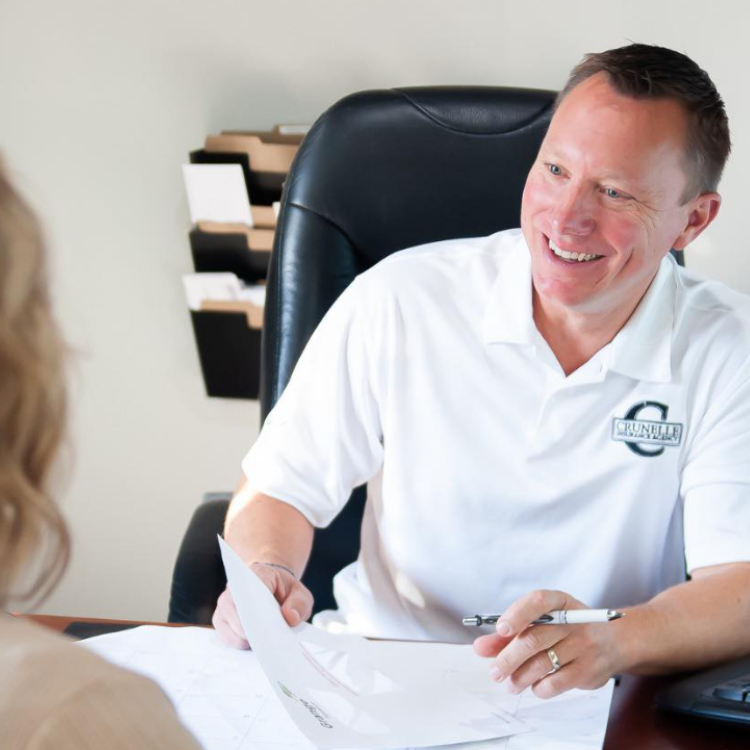
How to Get Home Insurance (Without the Headache)
Here are a few tips to make the process easy:
- Talk to a local agent who understands your area and can guide you through the right coverage.
- Compare more than just price. Make sure your dwelling, personal property, liability, and loss of use are properly covered.
- Ask about bundling your home and auto insurance for potential discounts.
- Provide accurate information about your home (year built, roof updates, square footage, etc.) to get the best rate and coverage.
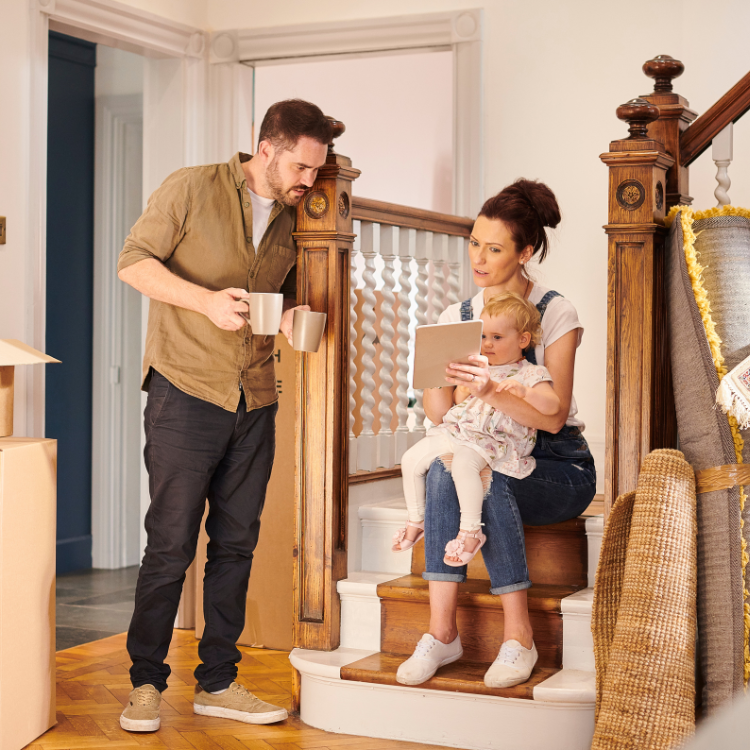
What to Do After You Move In
Once you’ve closed and moved in, it’s a good idea to:
- Keep your policy up to date, especially if you make renovations or big purchases.
- Set a yearly reminder to review your coverage and make any needed updates.
- Know who to call if you ever need to file a claim or make a change to your policy.
Your insurance doesn’t stop working after closing—it grows with your home and lifestyle.
Final Thoughts: Don’t Wait—Insure Early
Purchasing a home is a huge step, and having homeowners’ insurance in place before you close is a crucial part of the process. It protects both you and your lender—and gives you peace of mind from day one.
✅ Need a Policy? Let’s Make It Simple.
At Crunelle Insurance, we make it easy to get the right coverage at the right time—whether you’re a first-time buyer or moving into your forever home.
📞 Call us or get a quote online today so you can move in with confidence.
🧠 Frequently Asked Questions (FAQ)
Do I need homeowners’ insurance before closing on a house?
Yes—you must have homeowners’ insurance in place before closing day. Most mortgage lenders require proof of insurance (called a binder or declarations page) several days before closing to finalize the loan.
When should I start shopping for home insurance during the buying process?
Ideally, start comparing quotes and speaking with agents 2–3 weeks before your closing date. This gives you time to review coverage options, ask questions, and avoid any last-minute issues.
What documents do I need to get a home insurance quote?
To get an accurate quote, you’ll typically need:
- The property address
- Year the home was built
- Square footage
- Roofing and heating details
- Security features (like smoke detectors or alarm systems)
- Closing date
Your real estate agent or mortgage lender can help you gather this info if needed.
Is homeowners insurance required by law?
No, but if you’re financing your home through a mortgage, your lender will require it. Even if you’re buying a home outright, insurance is strongly recommended to protect your investment.
Can I bundle home and auto insurance to save money?
Yes! Most insurance companies offer multi-policy discounts when you bundle home and auto coverage. This can lead to significant savings over time.
What does homeowners’ insurance actually cover?
A standard policy typically includes:
- Dwelling coverage (the structure of your home)
- Personal property (your belongings)
- Liability protection (in case someone is injured on your property)
- Loss of use (helps with living expenses if your home becomes unlivable after a covered event)
Optional coverages may include flood insurance, identity theft protection, or scheduled items for high-value belongings.
How much does homeowners’ insurance cost?
Costs vary based on location, home value, coverage limits, and your claims history. In Ohio, the average annual premium ranges from $900 to $1,200, but obtaining a personalized quote is the best way to know for sure.
Can I change my home insurance after the closing date?
Yes! You can switch providers at any time after closing. Just make sure your new policy starts before the old one ends—and notify your mortgage lender of the change.
